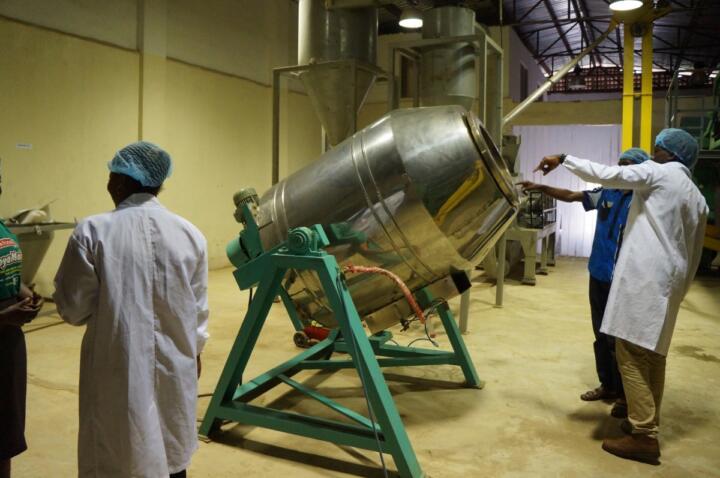At the recently concluded 8th Edition of the Manufacturing & Equipment Expo, West Africa 2023, industry experts emphasized the need for manufacturers across Nigeria to explore the country’s capital market for funding opportunities to facilitate their growth. During a session moderated by Prof. Pat Utomi, veteran financial journalist Boason Omofaye expressed concern about the declining presence of industrial manufacturing companies among the listed entities on the Nigerian stock market.
Omofaye drew attention to the absence of the textile industry from the Nigerian stock market, underscoring the overall decrease in the number of industrial manufacturing companies over the years. He urged companies in the industrial manufacturing sector to consider approaching the capital market for funding. Despite acknowledging potential challenges, he highlighted the current growth in the commercial papers market, particularly with major players like Dangote. According to PwC figures, the manufacturing sector accounted for approximately 55% of the total, while the financial services sector contributed around 41%.
The journalist pointed out that other African countries, such as Tunisia, Egypt, South Africa, and Morocco, have stock exchanges dominated by companies in the industrial and manufacturing sector—a trend not mirrored in Nigeria. Omofaye stressed the advantages of being listed on the stock market, making it more accessible for international investors and financiers to engage with manufacturers.

Bright Eregha, a senior academic at the Pan Atlantic University, added another perspective, highlighting the impact of government fiscal policies on the Nigerian capital market. He noted that these policies have contributed to the country’s capital market being less developed compared to GDP ratios, especially in comparison to other African nations. Eregha cited an example, indicating that South Africa’s market capitalization as a share of GDP is around 275%, whereas in Nigeria, it is approximately 25%.
Eregha emphasized the role of manufacturing in a country’s industrialization process and pointed out that the manufacturing sector’s contribution to GDP in Nigeria has not seen significant changes since independence. He discussed the need for supportive fiscal and monetary policies to attract capital inflow into sectors like manufacturing.
Yele Oyekola, co-founder of Duplo, addressed the challenges facing the manufacturing sector, including inflation, funding limitations, insufficient government support, and the need for skill development. The multifaceted discussion at the Manufacturing & Equipment Expo underscored the importance of revitalizing the Nigerian capital market to enhance the growth and sustainability of the manufacturing sector.
Support InfoStride News' Credible Journalism: Only credible journalism can guarantee a fair, accountable and transparent society, including democracy and government. It involves a lot of efforts and money. We need your support. Click here to Donate
